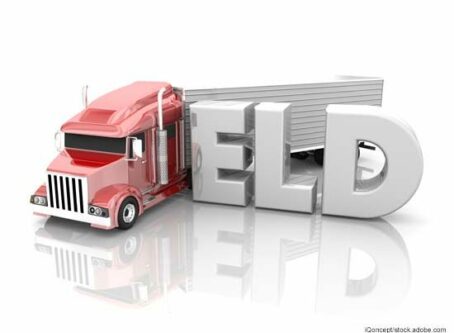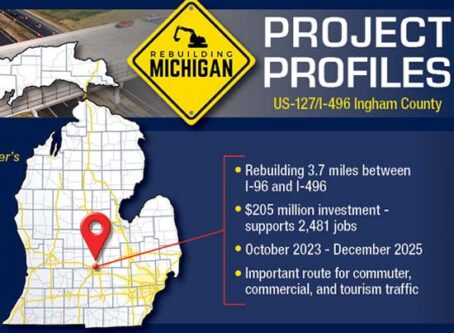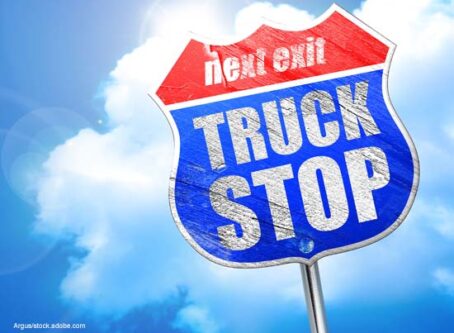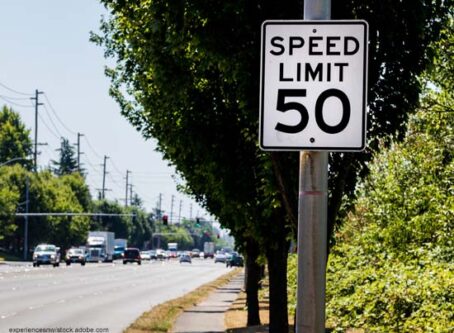Colorado Senate passes $3.8 billion transportation funding bill
An initiative in Colorado backed by Gov. Jared Polis would create new sources of transportation funding totaling $3.8 billion over the next decade.
Colorado now relies largely on the 22-cent per gallon gas tax and 20.5-cent diesel rate to fund transportation work.
The Senate voted 20-15 on Monday, May 17, to advance a 197-page bill to increase transportation funding. One provision in the bill would tap an existing source of state revenue for transportation. Specifically, $507 million in one-time funding would come from the state’s general fund for fiscal year 2021-22.
The State Highway Fund would receive $355.2 million. Another $24 million would go to local governments. The remaining $127.8 million would be directed for multimodal uses.
In return, SB260 would repeal a $50 million annual transfer from the general fund to the State Highway Fund. The transfers are scheduled to begin next year and wrap up in fiscal year 2039-40.
????????PASSED BY THE SENATE????????
✅SB21-260: Sustainability Of The Transportation System, sponsored by @SteveFenberg & @FaithWinterCO
Next stop: the House! #BuildBackStrongerCO #COleg pic.twitter.com/R1wseDG905
— Colorado Senate Dems (@COSenDem) May 17, 2021
New fees
Newly created fees would be collected from electric vehicle registrations, fuel taxes, retail deliveries, passenger ride services, and short-term vehicle rentals.
New fees and existing fees would also be indexed to inflation or to the national highway construction costs index.
Increased road use fees assessed on gas and diesel purchases would start at 2 cents per gallon and ultimately reach 8 cents per gallon. A fee applied solely to diesel sales initially would be 2 cents per gallon and later increase to 8 cents per gallon.
The per-gallon fee on gasoline and diesel would be used to pay for road use, and on diesel only for vehicles’ “impacts on bridges and tunnels.”
The fees would be phased in from fiscal year 2022-23 through fiscal year 2031-32 and then indexed to highway construction costs.
Electric vehicle fees
Also included in the bill is a requirement for the $50 existing registration fee charged per electric vehicle to be adjusted annually for inflation.
An additional road usage equalization registration fee would be collected on regular and commercial electric vehicles. The fees would be phased in through fiscal year 2031-32, and then adjusted annually using the national highway construction costs index.
Freight mobility
The Colorado Department of Transportation would be required to create the Freight Mobility and Safety Branch to implement projects and programs designed to enhance freight mobility and safety within the state.
The new branch would be required to submit a long-term strategic plan to the Transportation Commission by Jan. 2022.
Additionally, CDOT would be required to conduct a road use charge feasibility study and an autonomous vehicles study.
SB260 now moves to the House for consideration before it can head to the governor’s desk. LL
More Land Line coverage of news from Colorado.









